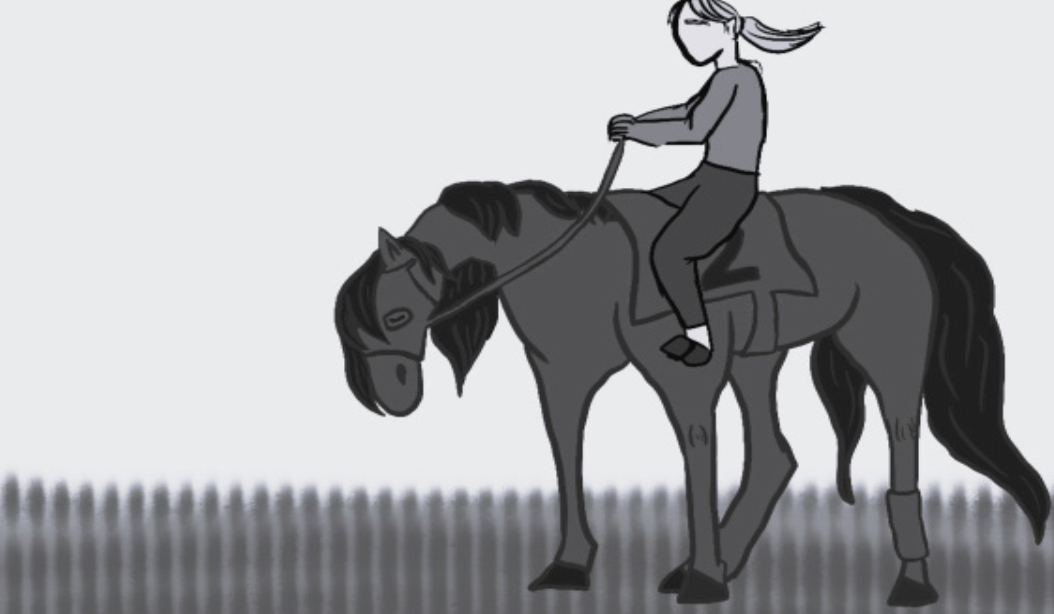South Florida has long been known for its animal sports, such as horse racing. However, this seemingly harmless activity contains a complex web of ethical, and moral issues that call for us to reconsider our participation and support.
In 1925, Hialeah Park Racetrack, one of South Florida’s first animal racing establishments was opened, quickly inviting visitors from all around the world to rejoice in funding animal sports.
According to Florida Horse Racing, with sport wagering being legalized in 1921 and the opening of this Hialeah racetrack, South Florida, mainly Hialeah, quickly became the winter racing capital of the United States. Since the early 20th century, the sport has been widely practiced among all people ranging from teenagers to adults.
Betting on animal sports, especially for students, is fraught and can cause moral dilemmas. It’s not just about the legality of underage gambling; it’s about understanding the implications of supporting industries that may not align with our values of compassion and respect for all living beings.
“Betting on horseracing has been a longstanding tradition in my family,” senior Noah Leave said. “But I had no idea the kind of torture the animals are going through while being raced, and I know I need to stop.”
Despite their widespread appeal, animal sports pose serious risks to both the animals involved and our shared morals. The glitz and glamour of horse racing in South Florida belies the reality that these animals are vulnerable to abuse, neglect and harm. Horses are overworked to the point where they have catastrophic accidents while racing. Katie Couric Media reports, through state racing commissions, almost 10,000 racehorses have been killed since 2014, and further research indicates that more than 2,000 horses die at U.S. tracks every year — that’s about six every single day.
Never mind the death, there’s also the everyday abuse. Horses are typically sold, usually at the tender age of one, and then broken, an industry term meaning to be made submissive. Alone and terrified, their servitude begins.
According to The Atlantic, a horse doesn’t reach full musculoskeletal maturity until the age of 6, but racehorses are typically thrust into intensive training at 18 months and raced at 2. (A 2-year-old horse is the rough equivalent of a 6-year-old child.)
In the necropsies, 4, 3 and even 2-year-old horses are dying with chronic conditions like osteoarthritis and degenerative joint disease — clear evidence of the incessant shocks these adolescent animal bodies are forced to absorb.
The Humane Society of the United States reports, as federal and state law enforcement can attest, that animal sports are often associated with other criminal activities such as illegal gambling, drug trafficking, gang activity and illegal weapon sales. For example, federal investigations have uncovered international drug cartels running sophisticated cockfighting operations as a means to distribute heroin, cocaine, methamphetamine, and opioids across the U.S.
Using animals for amusement, whether hunting them for sport or making them perform, is demeaning to ourselves and them. Being a species with a great amount of power and control over other species brings with it a responsibility not to abuse that power. Using animals in sports and entertainment is an abuse of our position of responsibility and brutalizes society towards animals and nature. Students should advocate for entertainment that respects the well-being of all participants, human and animal alike.
Today, major stakeholders in South Florida horseracing are pushing back by pulling funding in attempts to mitigate the harmful effects of this practice. Health News reports that this past year, The National Horsemen’s Benevolent and Protective Association — which represents thoroughbred racehorse owners, trainers and other personnel — filed a federal lawsuit against the Safety Authority, stripping funding from major horse racing tracks including Hialeah and Gulfstream Park and making it increasingly difficult for tracks to run steady business. Additionally, in 2021 Congress passed the Horseracing Integrity and Safety Act, regulating both racing safety and anti-doping control to ensure animal safety.
By choosing not to bet on or support animal sports, high school students can take a stand for the ethical treatment of animals and contribute to a growing culture that values compassion over convenience.






























